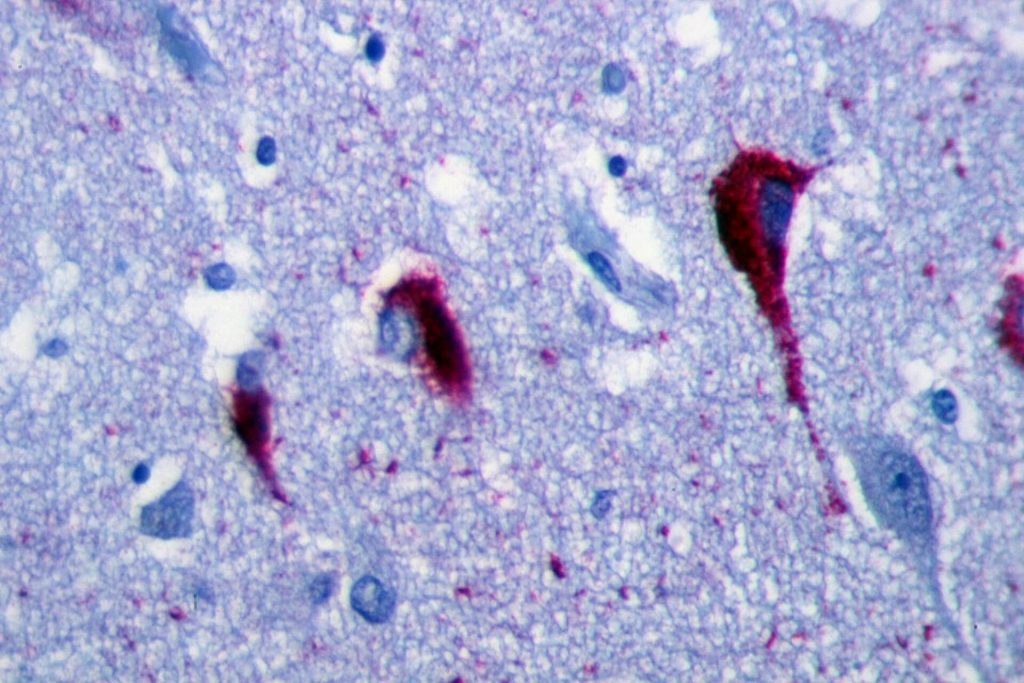A newly discovered disease by a team of researchers at the University of Pennsylvania School of Medicine shines a new spotlight on a form of protein build up in the brain associated with the development of neurodegenerative diseases like Alzheimer’s disease.
The new research, released in the journal Science, involved the examination of brain tissue samples from a deceased participant with an undefined neurodegenerative disease and an animal model.
When examining the participant’s samples, the Penn Medicine team uncovered a mutation in the valosin-containing protein (VCP) gene, leading to the discovery of what they now refer to as Vacuolar Tauopathy.
“Neurodegeneration in Alzheimer’s disease is closely associated with accumulation of pathologic tau aggregates in the form of neurofibrillary tangles,” the Penn Medicine research team stated in their journal article.
“What we found in this study is a pattern we’ve never seen before, together with a mutation that’s never been described before,” Edward Lee, one of the co-authors, stated in a news release.
According to the Penn Medicine team, the mutation may impair the proteins’ ability to break aggregates apart, a process strongly linked to dementia.
“Given that this mutation inhibits VCP activity, that suggest the converse might be true — that if you’re able to boost VCP activity, that could help break up the protein aggregates,” Lee explained.
“And if that’s true, we may be able to break up tau aggregates not only for this extremely rare disease, but for Alzheimer’s disease and other diseases associated with tau protein aggregation.”


